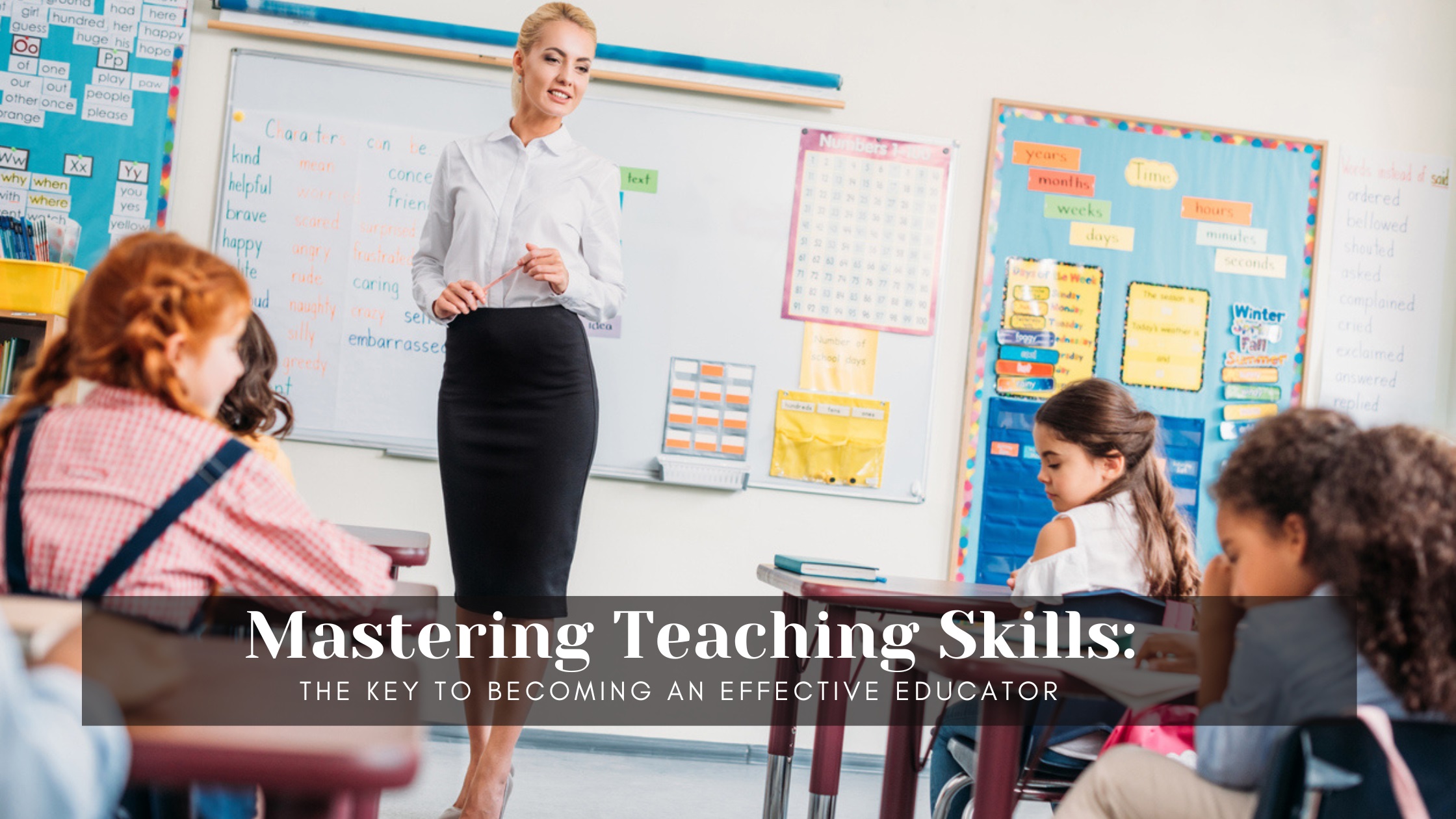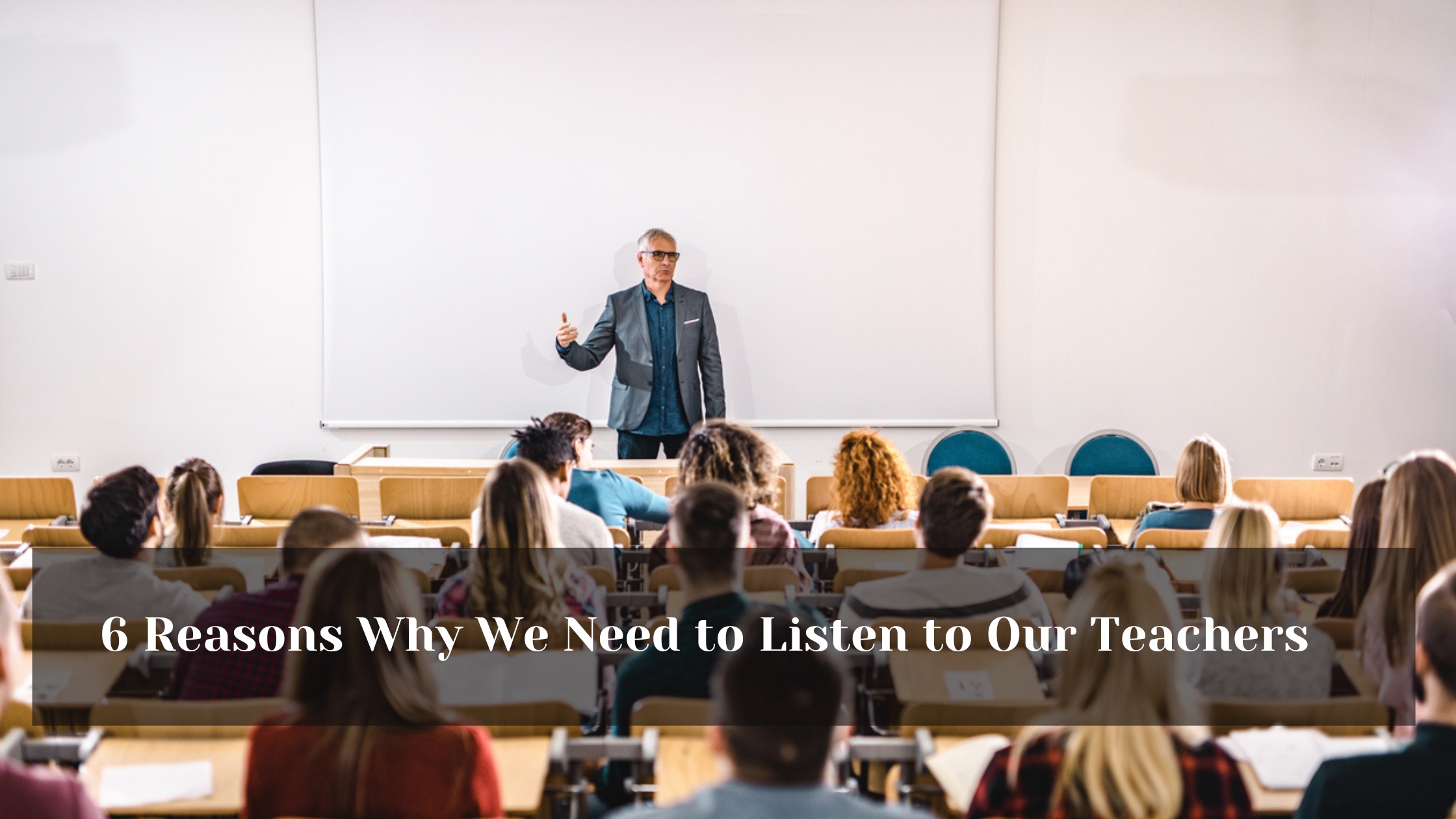
Teaching is one of the most impactful professions, as it shapes the minds of future generations. Whether you’re a beginner teacher or an experienced educator looking to enhance your approach, teaching skills play a central role in the learning process. In this guide, we’ll explore essential teaching skills that every educator should develop, how to improve them, and the importance of mastering these skills for a successful teaching career.
Why Are Teaching Skills Important?
Teaching skills are crucial for several reasons. They not only impact the way knowledge is transferred to students but also create an environment conducive to learning. Here are some key reasons why teaching skills are essential:
- Student Engagement: A teacher’s ability to engage students is fundamental to their success. Engaged students are more likely to retain information, participate in discussions, and perform well in exams.
- Effective Communication: Clear and effective communication ensures that students understand the material. Whether it’s explaining complex concepts, answering questions, or giving feedback, teaching skills in communication are key to student success.
- Classroom Management: Teachers with strong teaching skills are able to manage their classrooms efficiently, ensuring that students can focus on learning without distractions. Proper classroom management contributes to a positive learning environment.
- Student Motivation: Teachers inspire and motivate their students. With the right teaching skills, you can instill a love for learning and encourage students to strive for success.
- Adapting to Different Learning Styles: Not all students learn the same way. A great teacher understands the various learning styles (visual, auditory, kinesthetic, etc.) and adapts their teaching strategies to meet these needs.
Essential Teaching Skills Every Educator Should Master
Here are the teaching skills every educator should strive to improve for maximum impact in the classroom:
1. Communication Skills
Communication is at the heart of effective teaching. Teachers need to communicate ideas clearly and concisely, making sure that students understand the material being taught.
- Verbal Communication: The ability to speak clearly, use appropriate language, and vary your tone to keep students engaged is essential.
- Non-verbal Communication: Body language, eye contact, and gestures help reinforce verbal communication and make the learning process more engaging.
- Written Communication: Providing clear written instructions, feedback, and course materials is another crucial aspect of communication.
2. Classroom Management
Managing a classroom effectively is one of the most important teaching skills. An organized and structured classroom enhances learning by minimizing distractions and maintaining focus.
- Setting Expectations: Establish clear rules and expectations from the beginning. Students should understand what is expected of them in terms of behavior and participation.
- Consistency: Apply the rules consistently to ensure a fair environment for all students.
- Handling Disruptions: Teachers must learn how to manage disruptions with patience, providing appropriate consequences while maintaining respect for the students.
3. Lesson Planning and Preparation
Effective teachers don’t just walk into class without a plan. Lesson planning involves outlining what students will learn, how they will learn it, and the best methods for assessing their understanding.
- Clear Objectives: Define clear, achievable learning goals for each lesson.
- Engaging Activities: Design activities that keep students engaged while reinforcing the lesson content.
- Assessment Methods: Use both formative and summative assessments to evaluate students’ understanding.
4. Empathy and Emotional Intelligence
Empathy allows teachers to connect with their students on an emotional level. This helps in building trust and a positive learning environment.
- Listening: Actively listen to students’ concerns, whether academic or personal, and provide support.
- Understanding Emotional Needs: Recognize when students are struggling and offer appropriate emotional or academic support.
- Building Relationships: Strong relationships between students and teachers promote an environment of mutual respect and collaboration.
5. Adaptability
Every classroom is different, and every student has unique needs. Being adaptable allows teachers to change their teaching methods to fit the situation.
- Adjusting Teaching Methods: If a particular method isn’t working, don’t be afraid to try something new.
- Flexible Problem-Solving: If issues arise, be quick to find solutions that work for both you and your students.
6. Creativity in Teaching
Being a creative teacher makes lessons fun and engaging. It also helps break the monotony and keeps students interested in the material.
- Innovative Activities: Use multimedia, group activities, games, or field trips to make learning more exciting.
- Incorporating Technology: Digital tools, such as interactive whiteboards and online resources, can enhance lessons and make them more dynamic.
7. Assessment and Feedback
Assessing students’ progress and providing meaningful feedback is a critical teaching skill.
- Constructive Feedback: Provide specific, actionable feedback that helps students improve.
- Formative Assessment: Regularly check for understanding throughout lessons to ensure students are grasping the material.
- Summative Assessment: Use quizzes, tests, and projects to evaluate overall learning at the end of a unit or term.
How to Improve Your Teaching Skills
Improving your teaching skills takes time and effort, but it’s worth it to become a better educator. Here are some practical tips for improving these skills:
1. Continuous Learning
Great teachers are always learning. Attend professional development workshops, conferences, and webinars to stay updated on the latest teaching strategies and trends. Take online courses to sharpen specific skills, like classroom management or using technology in teaching.
2. Seek Feedback from Students and Colleagues
Feedback is an essential part of improving any skill, including teaching. Regularly ask for feedback from your students and peers to identify areas for improvement. You can use surveys, informal discussions, or observation by a fellow teacher to gain insights.
3. Reflect on Your Teaching Practices
After each lesson, take some time to reflect on what went well and what didn’t. This will help you identify what teaching methods work best for your students and which need to be modified.
4. Experiment with New Techniques
Don’t be afraid to experiment with new techniques and teaching methods. Innovation often comes from trying different things, and some of them might resonate well with your students.
Teaching Skills FAQs
1. What are the most important teaching skills for a new teacher?
For new teachers, the most important teaching skills include classroom management, communication, and lesson planning. These skills help establish a structured, engaging, and organized learning environment.
2. How can I improve my communication skills as a teacher?
To improve your communication skills, practice speaking clearly, listening actively to your students, and providing timely feedback. Additionally, you can try using more visual aids to reinforce verbal communication and keep students engaged.
3. How do I handle disruptive students effectively?
Handling disruptive students involves staying calm, setting clear expectations, and using consistent consequences. If the behavior persists, it’s important to address it privately to understand the underlying issue and find a solution together.
4. How do I differentiate instruction for diverse learners?
Differentiating instruction means adjusting your teaching methods to meet the needs of students with different learning styles and abilities. You can provide varied materials, allow for flexible grouping, and offer individual support when needed.
5. What role does empathy play in teaching?
Empathy helps teachers understand their students’ perspectives, create strong relationships, and provide the support students need to succeed both academically and emotionally. It’s essential for fostering a positive and supportive classroom environment.
Conclusion: The Path to Becoming a Skilled Educator
Mastering teaching skills is an ongoing journey that requires dedication, reflection, and practice. Whether you’re just starting or looking to enhance your existing abilities, the skills outlined in this guide will serve as the foundation for becoming a more effective educator. By focusing on communication, classroom management, empathy, and adaptability, you’ll create a learning environment that promotes success for all students.
Keep learning, experimenting, and seeking feedback to continuously improve your teaching skills and make a lasting impact on your students. Remember, teaching is not just about imparting knowledge—it’s about inspiring and guiding students to become lifelong learners.
Also Read
Common Sales Job Interview Questions You Must Know
Benefits of Taking a Career Quiz
8 Smart Questions to Ask Hiring Managers in a Job Interview
Smart Questions to Ask in a Job Interview
Great Questions to Ask at a Networking Event:
Top Career Development Questions to Ask Your Employees, Yourself & Your Company
Sales Questions: How to Ask the Right Questions
51 Self-Reflection Questions- An Exercise for Student Growth
Top Leadership Interview Questions Wise Responses
Deep Questions for Meaningful Conversations
101 Guide on Creating Good Leadership Skills



